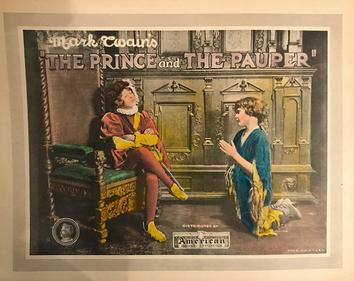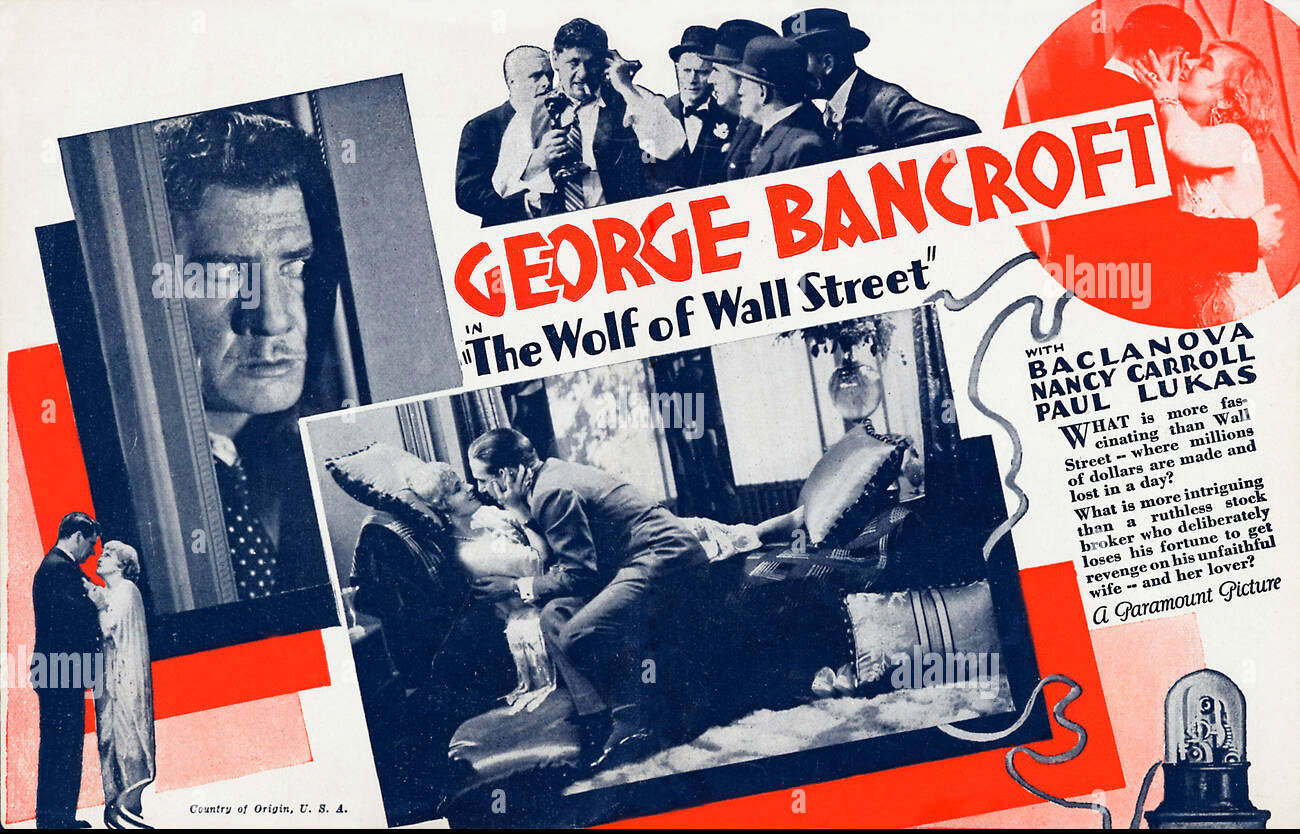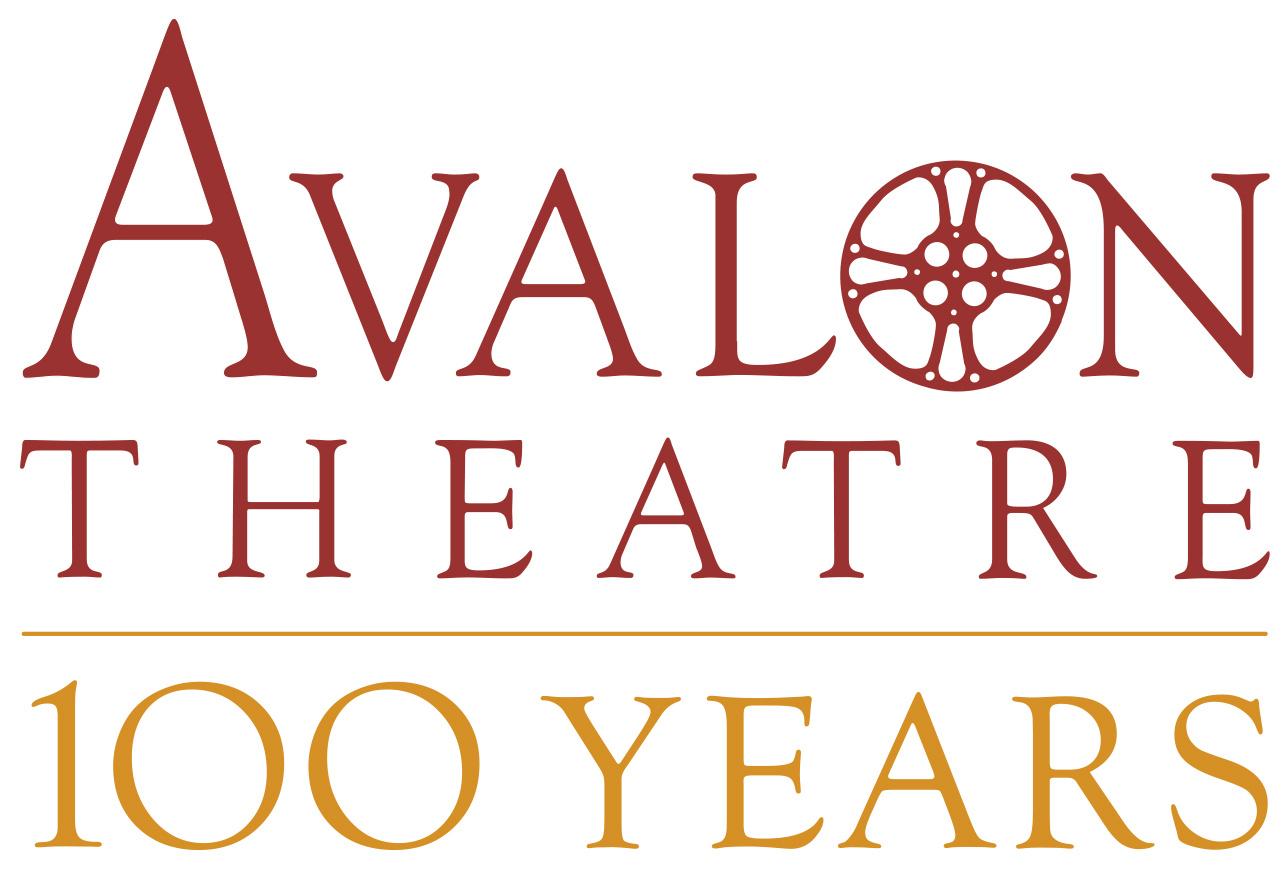The 1920s and America’s Love of the Cinema
During 2023, the Avalon Theatre is celebrating its 100th anniversary and a century of memorable film experiences. The 1920s gave way to the popularity of cinema as we enjoy it today. This decade is also when our historic Chevy Chase Theatre, later renamed the Avalon, got its start when it opened in 1923.
After the first world war, Americans began to enjoy a higher standard of living. For the first time in American history, things like fashion and entertainment became available to people of all economic classes.
A time of peace and prosperity for the United States, movie theaters became a hot spot for the masses where they fell in love with the motion picture and the stories that captivated their imaginations.
A Regal Affair
Despite motion pictures being invented in the 1800s, movies as we know them today didn’t quite take off until the 1920s. While early movie audiences eagerly embraced short flickers and nickelodeons from the outset, these brief motion pictures were often shown in makeshift pop-up establishments along with other forms of live entertainment.
During the 1920s, however, things shifted to something grander: the movie palace. Not only did the films widely become longer, but going to see a movie offered a more elaborate experience.
Lit-up marquees outside welcomed guests into ornate lobbies where patrons could purchase refreshments like popcorn and freshly roasted peanuts. Guests would then be ushered into impressively large auditoriums.
 When it opened in 1923, the Chevy Chase Theatre offered the community a luxurious experience right in their own neighborhood. How fitting, then, that the first film shown here was the Prince and the Pauper (1920). An Austrian silent film based on Mark Twain’s 1881 novel of the same name, this film took audiences on a wild adventure as the main character, Tom Canty, escapes his rough home life by switching places with Prince Edward VI of England.
When it opened in 1923, the Chevy Chase Theatre offered the community a luxurious experience right in their own neighborhood. How fitting, then, that the first film shown here was the Prince and the Pauper (1920). An Austrian silent film based on Mark Twain’s 1881 novel of the same name, this film took audiences on a wild adventure as the main character, Tom Canty, escapes his rough home life by switching places with Prince Edward VI of England.
What an experience it would have been to see a well-known novel come to life on the silver screen for the first time!
Don’t Speak
Before the advent and widespread use of sound in the film industry, silent films were accompanied by live music. In the earliest days of the Avalon, guests enjoyed accompaniment by a grand pipe organ.
During 1924, When Knighthood was in Flower (the 1922 film adaptation) was shown at the theater, accompanied by Bal Scanell as the organist. Not only was the 1898 novel a big success, but this story had also been previously adapted into a popular Broadway play and 1908 film. The 1924 film featured the number one box office leading lady of the year, Marion Davies.
A Sunday Affair
In 1925, The Spanish Dancer, a 1923 costume epic with Poli Negri, dazzled audiences at the Chevy Chase Theatre. The film followed a Gypsy fortune teller, offering audiences a tale of romance and nobility. This film had competition, as the same year the film Rosita was released, which included a similar plotline.
The likeness of these two films wasn’t the only controversy, however. It is possible that the showing of The Spanish Dancer at the Chevy Chase Theater may have been the first regular Sunday movie offered at the theater.
Local churches were not enthusiastic about this and tried to stop movies from being played on the day of rest to keep their congregations in the pews.
Make Them Laugh
It wasn’t all adventure and romance in the 1920s. Like today, theater patrons appreciated a good comedy. Seven Chances (1925), a silent comedy starring Buster Keaton had the audience splitting sides when it came to the Chevy Chase Theatre on July 25, 1925.
The movie chronicles the character Jimmy Shannon, who is hard-pressed for money. He needs to marry by a set date and time to inherit a fortune from his grandfather. After a series of major setbacks and hilarious hijinks, he winds up marrying his beloved Mary just in the nick of time.
The film was touted as less ambitious than other works by the actor, but was nonetheless a box office success, raking in $598,288 domestically. That’s over $10 million dollars today by our calculations.
 Talkies
Talkies
In 1929, the Chevy Chase Theatre underwent wiring for sound. Patrons lined up to see the first part-talkie offered here, The Singing Fool. The dramatic musical’s storyline is about a man who performed as a blackface minstrel who comes to find much personal tragedy.
At a time when Hollywood made no objections to overt racism in films tailored for white audiences, black audience members were rightfully offended by this film and actor Al Jolson’s blackface portrayal in his previous film, The Jazz Singer. Even so, The Singing Fool helped the industry to continue to popularize the use of sound in movies.
What’s in a Name?
Later in 1929, the Chevy Chase Theatre was renamed the Avalon. June 23, 1929, the Avalon began showing Paramount Production’s The Wolf of Wall Street, which had been released the same year. The film is about a stockbroker who sells short in the copper industry, ruining the lives of friends as he ruins their finances.
Interestingly, this film was originally filmed as a silent film and re-filmed as a talkie. More interestingly, the film remains a lost film today.
The Avalon Today
While the 1920s gave way to groundbreaking film technology including sound and helped shape movie theaters into what they more closely resemble today, the genres of film shown at the Avalon have changed greatly over the years.
Operating as a non-profit for the past 20 years, the Avalon has continued to commit itself to telling the stories of people of all walks of life.
Today, our dedicated community of patrons chooses to visit the Avalon to experience foreign and independent films, first-run films, documentaries, family matinées and so much more. For the past 10 years, the Avalon has also offered educational programs to students and adults as part of its mission to entertain, educate and inspire the metropolitan DC community.
During our centennial year, if you’d like to continue to help film bring our community together, please consider a 100% tax-deductible donation.


